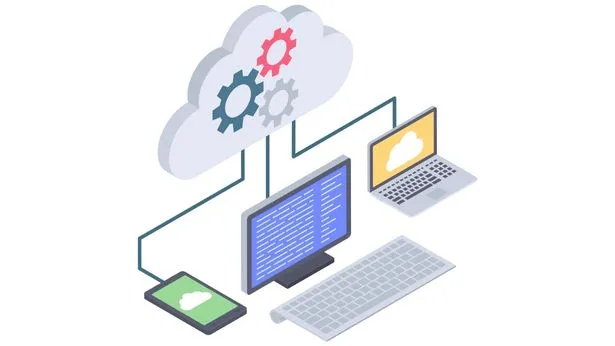Career in Cloud Computing for Fresh Graduates
Cloud computing jobs for freshers are in high demand, as businesses around the world are increasing cloud technology. If you are a fresh graduate looking to start an exciting career in IT, cloud computing offers opportunities you should explore.
This blog will explain what cloud computing is, why it matters, how to get started, and what certifications and platforms to focus on.
What is Cloud Computing?

Cloud computing means delivering computing services, for example, servers, storage, databases, networking, software, and analytics over the Internet. This enables organizations to use technology resources without having to buy or own physical infrastructure. For new graduates, a cloud computing job opportunity may include jobs such as cloud support associate, cloud engineer trainee, or cloud administrator.
Each of these entry-level positions will allow you to work on the management of cloud infrastructure, provide support for cloud-based applications, and gain experience with cloud security.
Why Choose Entry-Level Cloud Computing Careers
Many reasons should encourage new graduates to seek entry-level cloud computing careers:
1. High Demand: Cloud skills are in high demand beyond the borders of your country. Finding a role with job security and growth should be appealing.
2. Good Salaries: Careers in cloud computing often provide better salaries than traditional IT roles.
3. Diverse Opportunities: Many industries, including finance, healthcare, and retail, are looking for new cloud computing talent.
4. Future-Proof: Cloud technology is changing rapidly. Working in cloud computing will keep your skills relevant over a long career.
5. Flexible Remote Work: Many of these roles offer flexibility and working remotely.
How to Start a Career in Cloud Computing
In order to start your career in cloud computing, it may seem intimidating, but it is attainable with a proper strategy. Here are actionable items to help you get started in a career in cloud computing:
1. Learn Cloud Computing Fundamentals: Start the journey in cloud computing by understanding some of the main concepts relating to SaaS, PaaS, IaaS, cloud storage, and virtualization. These areas can be learned through multiple online resources as well as free courses offered by a variety of platforms.
2. Select Cloud Platforms Best for Entry-Level Graduates: Focus on a few of the most recognized platforms, including:
- Amazon Web Services (AWS).
- Microsoft Azure.
- Google Cloud Platform (GCP)
These cloud platforms account for the highest percentage share of the current cloud market and provide ample opportunity for entry-level scenarios using their respective platforms.
3. Obtain Cloud Computing Certifications: Certifications will stand out on your resume and provide credibility to employers. A few of the more recognized credentials are:
- AWS Certified Cloud Practice.
- Microsoft Certified: Azure Fundamentals.
- Google Associate Cloud Engineer
These certifications cover the basics of cloud computing and are great for fresh graduates aiming for entry-level cloud computing careers.
4. Build Experience by Practicing: Sign up for all platforms for a free-tier account and start practicing with scenarios related to cloud resources, such as virtual machines, creating storage buckets, and managing cloud resources. Look for one or more real projects to work on for some hands-on experience, or participate in open source cloud-related projects.
5. Seek Internships or Entry-Level Positions: Look for internships or entry-level roles such as cloud support associate, junior cloud developer, or cloud operations analyst. These positions will provide you with hands-on training and real-world exposure in cloud environments.
Why Cloud Certifications for Beginners Matter
Cloud certifications for beginners are important because they:
- Validate your cloud knowledge in the eyes of future employers.
- Guide you through structured content and advise on best practices.
- Give you confidence as you enter your career.
- Improve your chances of getting hired and being paid better.
Many companies would rather hire a candidate with certification, even if they don’t require the certification for entry-level positions, as it saves time in completing training.
Also Read: How to Get a Cloud Computing Internship
Best Cloud Platforms for Fresh Graduates to Focus On
Choosing the best cloud platform for fresh graduates is very important when starting your journey. Here’s a quick overview of the best options:
1. Amazon Web Services (AWS):
- Offers the widest range of services.
- It offers the highest number of job opportunities, making it an ideal choice for fresh graduates seeking entry-level cloud computing careers.
2. Microsoft Azure:
- Very popular among companies that already use Microsoft tools like Office 365 and Windows Server.
- A strong presence in enterprises, which means numerous job opportunities for beginners.
3. Google Cloud Platform (GCP):
- Known for its powerful data analytics, AI, and machine learning services.
- A good choice if you are interested in working with data-driven solutions.
Final Outcome Over Career In Cloud Computing
A new graduate’s career in cloud computing is an innovative and rewarding career path. A significant demand for cloud professionals and a plethora of entry-level job openings are good indicators for new graduates interested in working in a new and fast-growing field.
Whether becoming a cloud engineer, cloud architect, or working in other cloud occupations, cloud computing is a field that is enthusiastic about enthusiastic new graduates ready to learn and grow. Start now and embrace the future of technology.
If you are a fresh graduate eager to enter the IT world, exploring cloud computing jobs for freshers is a smart move. Start by learning the basics, choosing the best cloud platform, and earning beginner certifications. Partnering with a reliable cloud computing recruitment agency can also help you find the right opportunities quickly. The cloud industry is booming, and with dedication, you can build a rewarding and future-proof career. For expert guidance and job placement support, contact Time Agency Group today.
FAQs About Cloud Computing Careers for Fresh Graduates
Q1. What are the entry-level positions in cloud computing for freshers?
Entry-level positions include cloud support associate, junior cloud engineer, and cloud operations analyst.
Q2. How long does it take to enter a career in cloud computing?
If you focus on your learning and pursue certifications, you should be able to apply for positions within 3-6 months.
Q3. Do I need coding skills to work in cloud computing?
Having basic knowledge of scripting or programming can help, although many entry-level positions focus mostly on cloud management and support, and programming skills are not needed.
Q4. Which certification is good for someone just starting to develop cloud computing skills?
The AWS Certified Cloud Practitioner is a great option for someone new to cloud computing.
Q5. Can I enter cloud computing if I have a degree other than an IT-related subject?
If you pursue training and certifications, you can enter cloud computing after completing any kind of degree.
Q6. Is cloud computing a good long-term career option?
Yes, the demand for skilled cloud professionals is likely to grow rapidly in the next few years.
Q7. Do I have to specialize in one cloud platform?
Starting with one cloud platform is the best option to become skilled, and then, as you advance in your career, branch off to learn other platforms.
Q8. Is there a free online website to learn cloud computing?
Many sites offer free or affordable courses such as AWS, Azure, GCP, Coursera, and Udemy.
Related Article: Understanding the Mechanics of Cloud Computing






